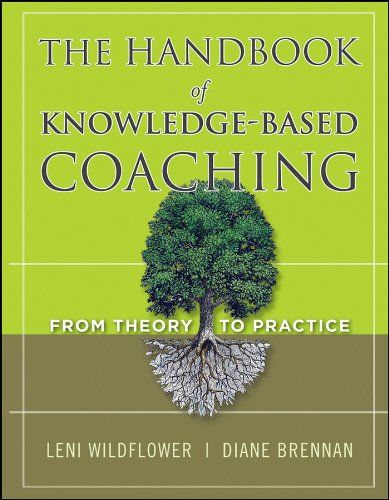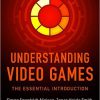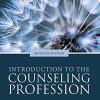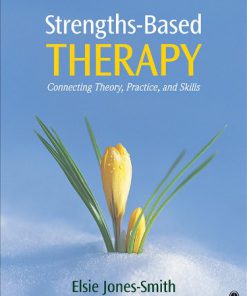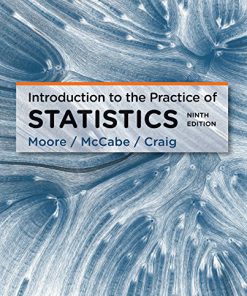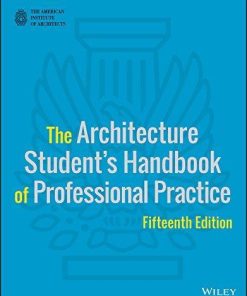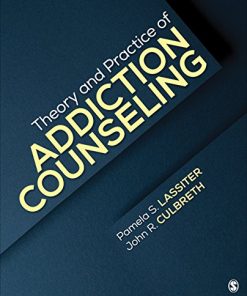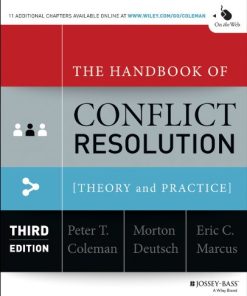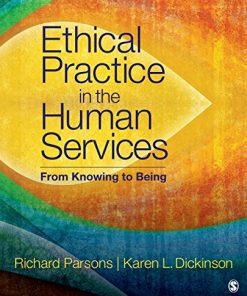The Handbook of Knowledge-Based Coaching: From Theory to Practice – Ebook PDF Version
$50.00 Original price was: $50.00.$25.00Current price is: $25.00.
The Handbook of Knowledge-Based Coaching: From Theory to Practice – Ebook PDF Version – Digital Instant Dowload.
The Handbook of Knowledge-Based Coaching: From Theory to Practice – Ebook PDF Version – Digital Instant Dowload.
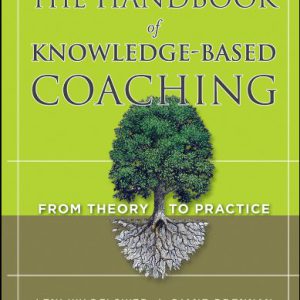
Product details:
- ISBN-10 : 0470624442
- ISBN-13 : 978-0470624449
- Author: Leni Wildflower
Praise for The Handbook ofKnowledge-Based Coaching
“Definitive, with extensive references and a commitment to connecting theory to practice in every chapter, this important contribution is a delicious and wide-ranging exploration of the lineages that have shaped the modern practice of coaching.”
―Doug Silsbee, author, Presence-Based Coaching and The Mindful Coach
“The translation of theories from multiple disciplines to the practice of coaching makes this book a must-read!”
―Terrence E. Maltbia, senior lecturer, Adult Learning and Leadership; and faculty director, Columbia Coaching Certification Program, Teachers College, Columbia University
Table contents:
PART ONE: Human Behavior and Coaching.
ONE: Humanistic and Transpersonal Psychology (Alison Whybrow and Leni Wildflower).
TWO: Cognitive Behavioral Therapy and Related Theories (Leni Wildflower).
THREE: Positive Psychology (Kate Hefferon).
FOUR: Transactional Analysis (Jenny Rogers).
FIVE: Adult Development (Leni Wildflower).
SIX: Theories of Intelligence (Jonathan Passmore, Chloé Tong, and Leni Wildflower).
SEVEN: Neuroscience (Linda J. Page).
PART TWO: Human Interaction and Coaching.
EIGHT: Theories of Adult Learning (John Leary-Joyce and Leni Wildflower).
NINE: Social Constructionism (Sherry Harsch-Porter).
TEN: Theories of Change (Leni Wildfl ower and Diane Brennan).
ELEVEN: Communication Theory (Irene F. Stein and Reinhard Stelter).
TWELVE: Confl ict Management (Cinnie Noble, Edward G. Modell, and Diane Brennan).
THIRTEEN: Systems Theory and Family Systems Therapy (Leni Wildflower and Diane Brennan).
FOURTEEN: Transition and Career Management (Jenny Rogers).
PART THREE: Organizations, Leadership, and Coaching.
FIFTEEN: Leadership (Diane Brennan).
SIXTEEN: Organizations and Organizational Culture (Mary Wayne Bush, Tony Latimer, and Leni Wildflower).
SEVENTEEN: Team and Group Behavior (Laura Hauser).
EIGHTEEN: Situational and Contextual Issues in the Workplace (Mary Wayne Bush).
PART FOUR: Traditions from Self-Help, Personal Growth, and Spirituality.
NINETEEN: Spiritual and Religious Traditions (Jennifer Sellers).
TWENTY: The Self-Help and Human Potential Movements (Leni Wildflower).
TWENTY-ONE: Mindfulness (Janet Baldwin Anderson, Francine Campone, and Jennifer Sellers).
PART FIVE: Coaching Specific Populations.
TWENTY-TWO: Education (Kathy Norwood and Mary Ann Burke).
TWENTY-THREE: Issues of Aging (Connie S. Corley).
TWENTY-FOUR: Culture and Cultural Intelligence (Katrina Burrus).
TWENTY-FIVE: Issues of Gender (Karen Tweedie and Leni Wildflower).
TWENTY-SIX: Environmental Sustainability (Katrina S. Rogers).
PART SIX: Creative Applications.
TWENTY-SEVEN: Coaching and the Body (Terrie Lupberger).
TWENTY-EIGHT: A Narrative Approach to Coaching (David B. Drake).
TWENTY-NINE: Solution-Focused Coaching and the GROW Model (Carol Wilson).
THIRTY: Appreciative Inquiry (Jacqueline Binkert and Ann L. Clancy).
PART SEVEN: Components of Effective Coaching.
THIRTY-ONE: Coach Maturity: An Emerging Concept (David Clutterbuck and David Megginson).
THIRTY-TWO: Use of Assessments in Coaching (Mary M. Nash, Dian Christian, and Janet Baldwin Anderson).
THIRTY-THREE: Current Research on Coaching (Francine Campone).
Afterword: Challenges Ahead (Jenny Rogers).
References.
The Editors.
The Contributors.
Name Index.
Subject Index.
You may also like…
Uncategorized
Strengths-Based Therapy: Connecting Theory, Practice and Skills 1st Edition – Ebook PDF Version
Uncategorized
The Architecture Student’s Handbook of Professional Practice 15th Edition – Ebook PDF Version


